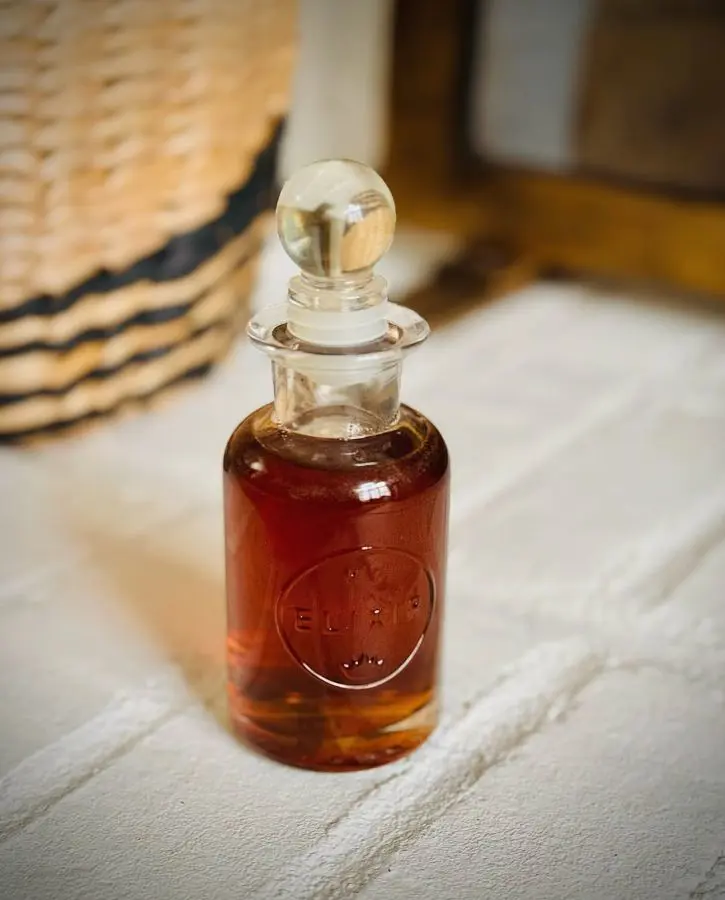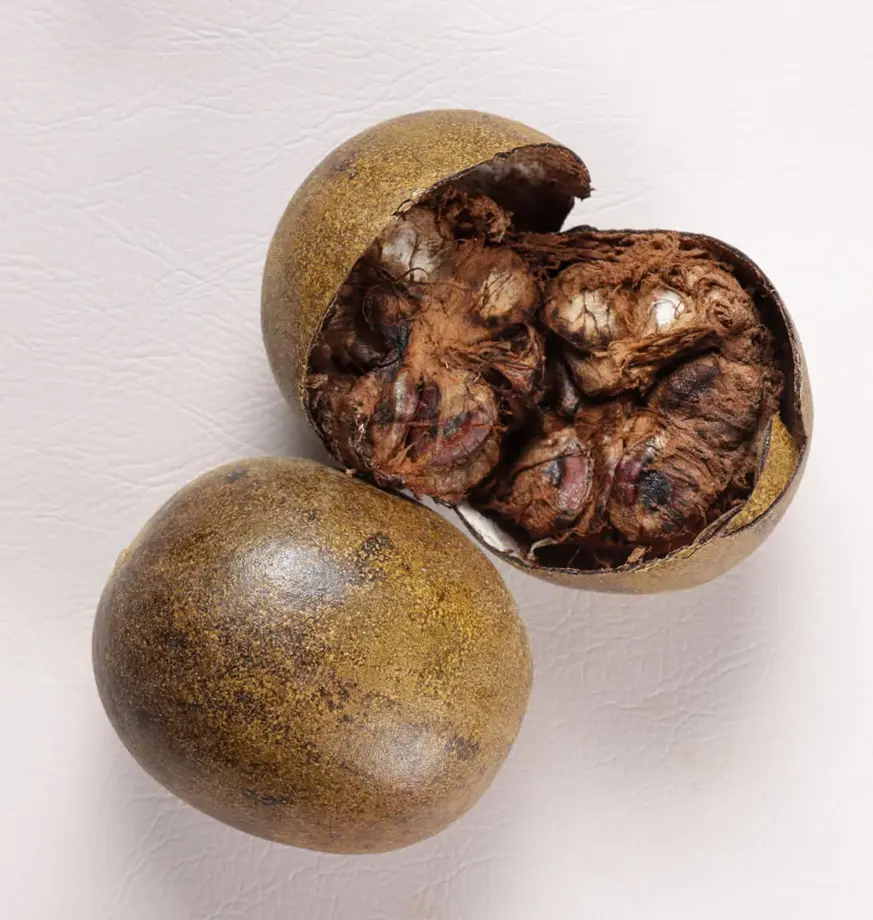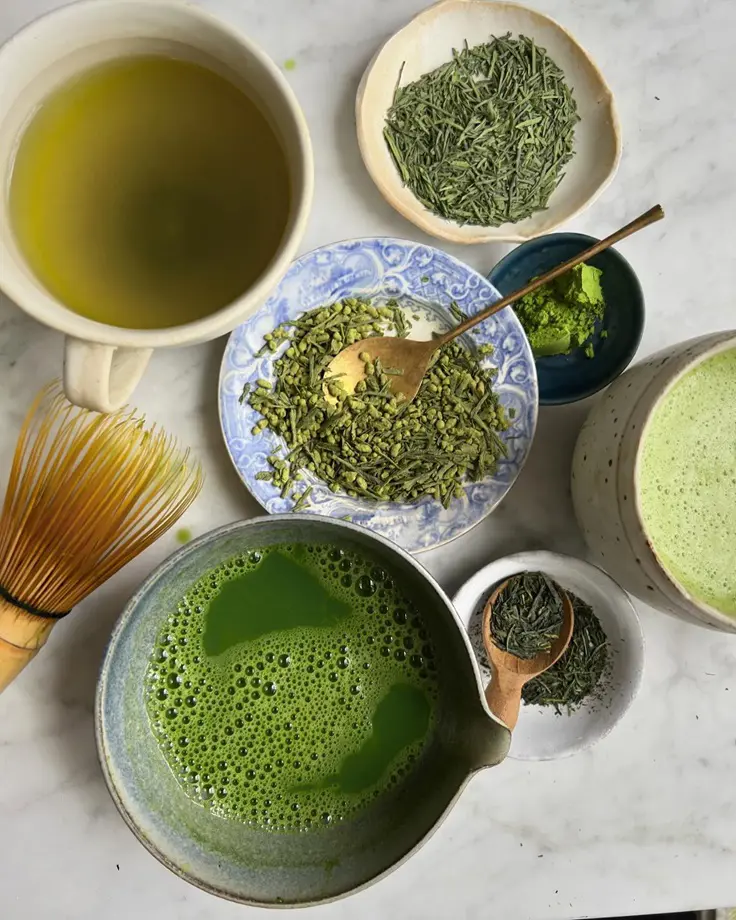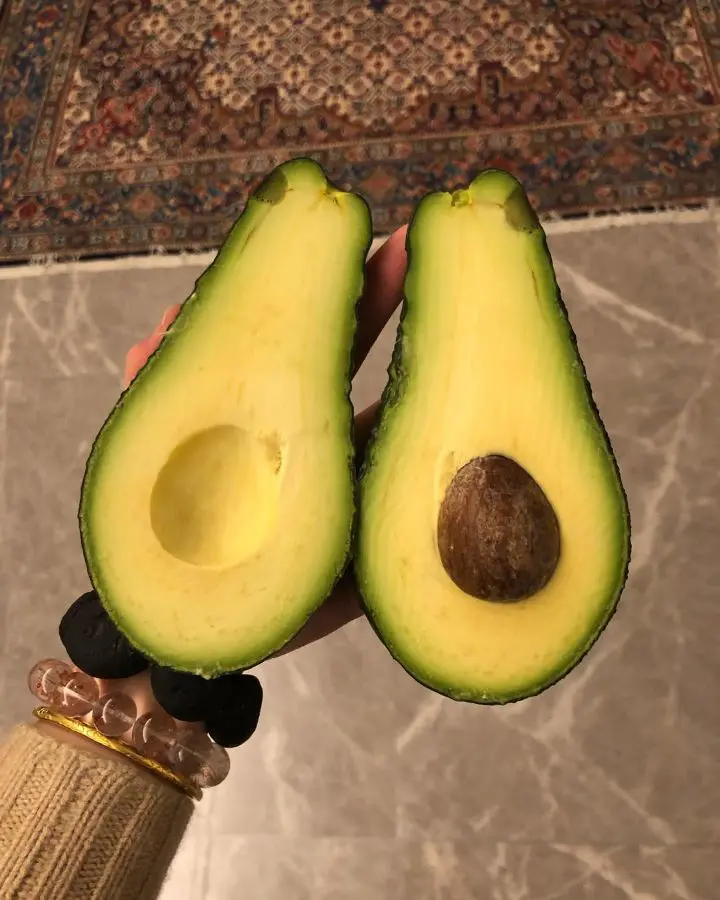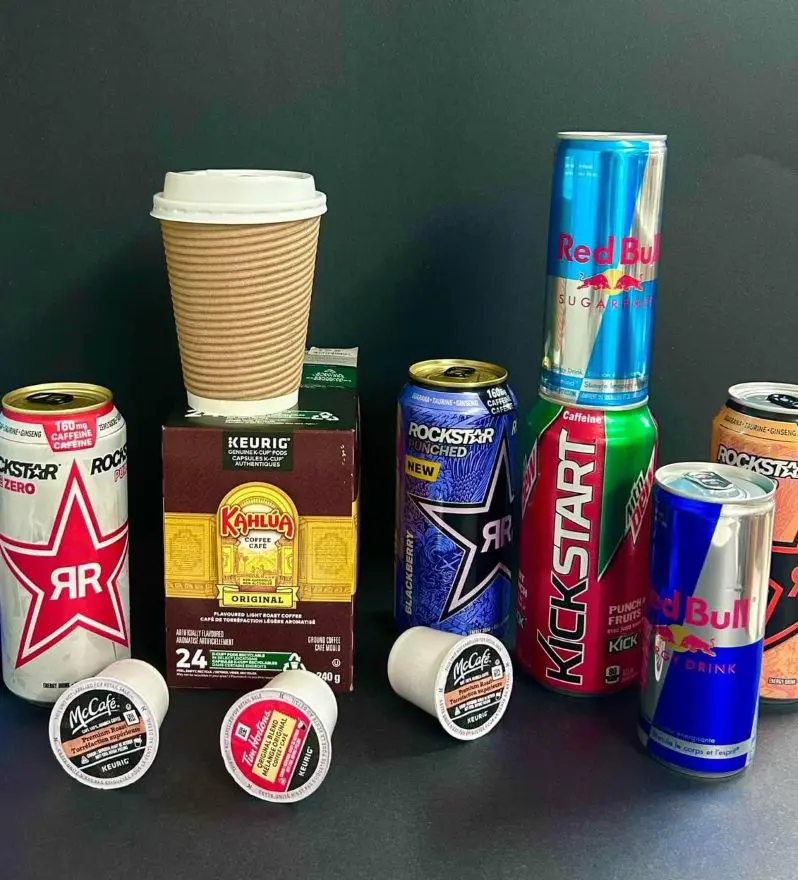What Not To Eat When Pregnant? 18 Foods To Avoid

This post may contain affiliate links. If you make a purchase through links on our site, we may earn a commission.
Pregnancy is a blissful journey, but it also comes with specific dietary restrictions. As your body undergoes significant changes to support the growth of your baby, it's important to make informed choices about what you eat.
What not to eat when pregnant is a common question among expectant mothers. While a healthy, balanced diet is essential, certain foods can pose risks to both you and your developing baby.
Scroll down and we delve into the 18 foods you should avoid during pregnancy to ensure a safe and healthy nine months.
1. Alcohol
Drinking alcohol during pregnancy is denied. There is no such thing as a safe drinking level as well, the safest of all is not to even touch alcohol.
A range of disorders can occur in fetuses if alcohol is consumed. The disorders are collectively called Fetal Alcohol Spectrum Disorders (FASD) which include disabilities, problems in hearing, thinking and concentration.
As these defects can be lifelong and irreversible, it is important to completely abstain from alcohol during the entire pregnancy journey.
2. Caffeine

Caffeinated drinks like coffee and tea may be tempting during pregnancy but there's a limit (<200 mg) on the amount pregnant women can enjoy. If you have whys and wherefores, let us tell you that increased caffeine intake is related to increased chances of miscarriage, low birth weight and delayed development of the fetus.
Some drinks like cola and fizzy and chocolates also have a notable amount of caffeine, so a pregnant woman must consider the caffeine percentage before consuming any of them.
3. Raw/ Undercooked Seafood
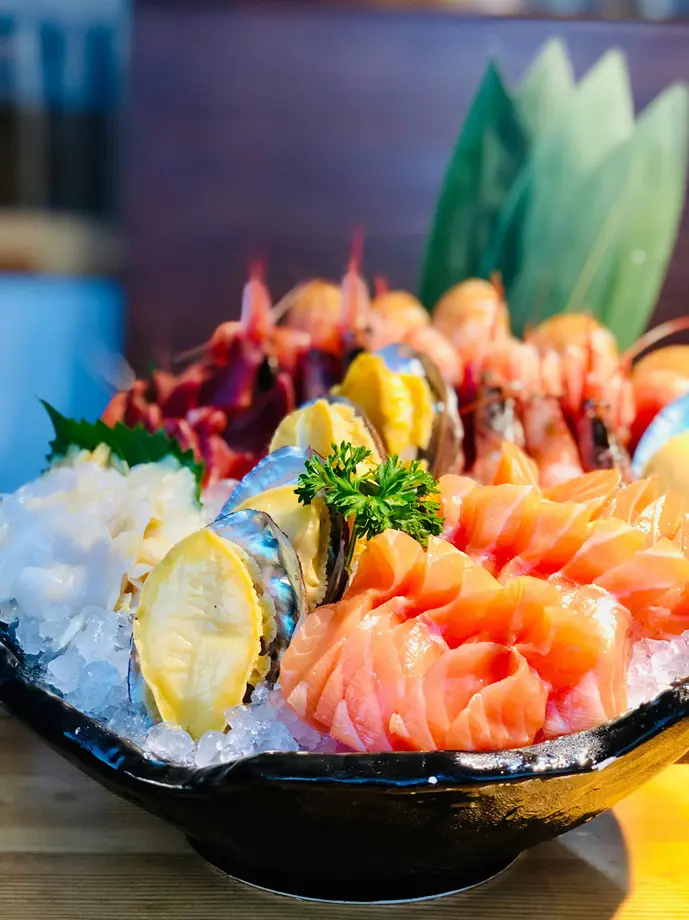
Many bacteria and parasites are intact in raw seafood. The common ones include Vibrio, Salmonella and Listeria, all of these are linked with food poisoning. When properly cooked, the heat can kill all the parasites present in raw seafood.
Mild infection of the parasites shows up as vomiting and diarrhea in the mother whereas in cases of severe infection, there may be chances of miscarriage.
Not only uncooked and improperly cooked but pregnant women should also stay away from smoked meats as the smoking procedure can keep seafood raw.
4. Fishes High In Mercury
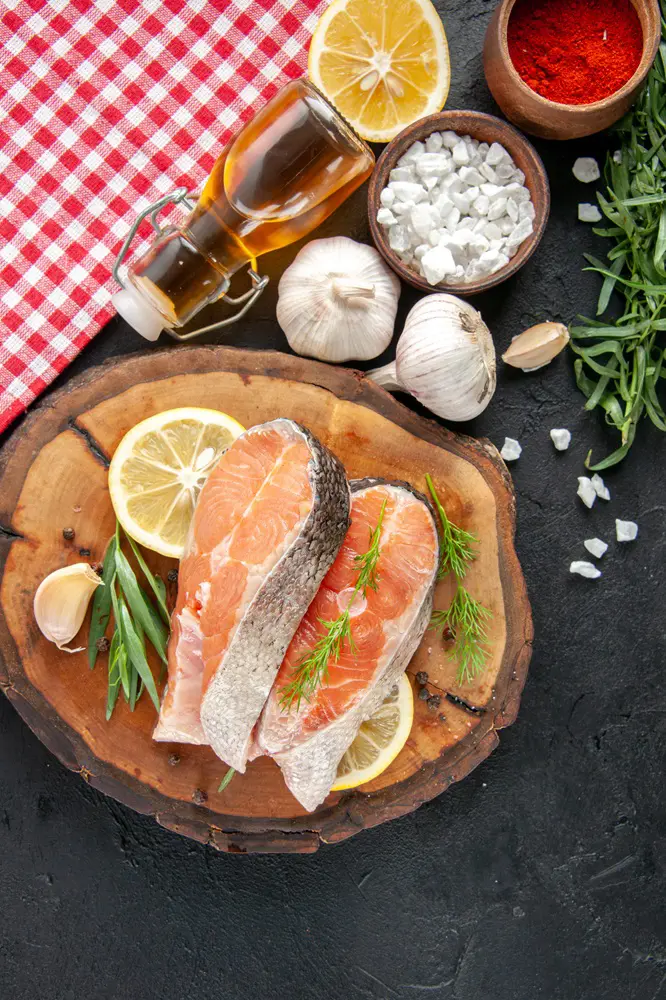
Have you ever heard of mercury poisoning? If not, then it is a condition affecting the brain when one gets exposed to metal called mercury. Now you get the point why fish containing mercury should be avoided during pregnancy, don't you?
Fishes such as shark (flake), marlin, broadbill, swordfish, orange roughy (also known as deep sea perch) and catfish are known to be high in mercury. To avoid the mercury effects on the just developing brain of fetuses, these fishes must be avoided.
There are other fishes that can be enjoyed rather. Fishes low in mercury like salmon, trout and cod are safe to eat and even have proper nutrition (like omega-3 oils and iodine) for the growth of the baby.
5. Raw And Organ Meats
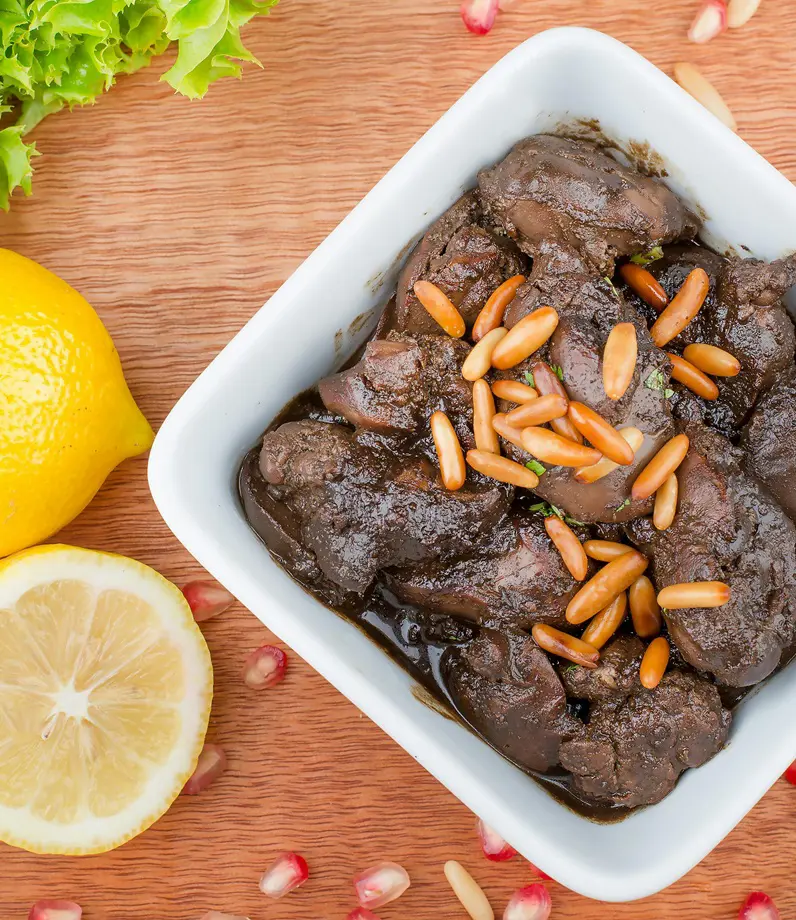
Like raw fish, all raw meats are not considered consumable. Raw meats harbor harmful bacteria which can do harm to both mother and fetus. So, before consuming, it's essential to cook all meat, poultry, and pork thoroughly to kill these bacteria.
Also, organ meats, specifically livers have a high amount of retinol, which is a form of vitamin A. Vitamin A from other foods is not dangerous but that from the liver can lead to birth defects. So, it becomes important to avoid all the food products that may contain liver including liver sausage, pate or liverwurst.
6. Unpasteurized Dairy Products
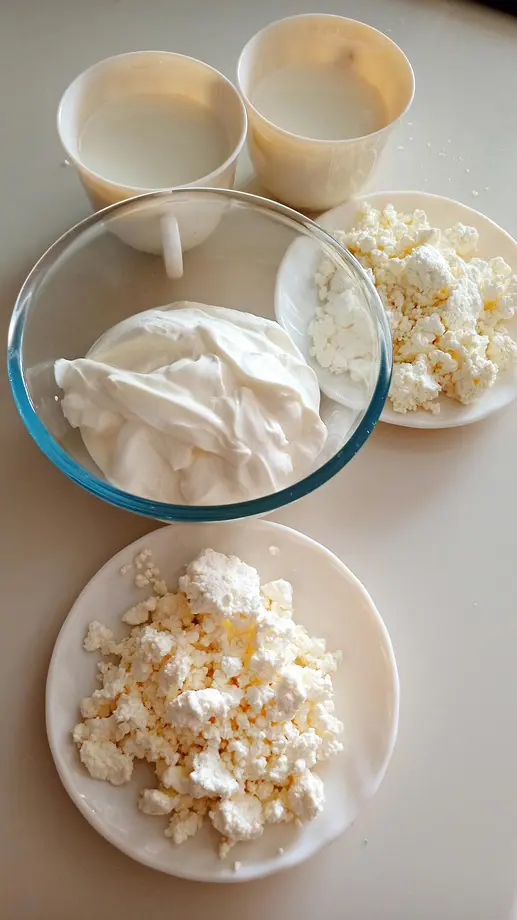
Dairy foods are superfoods for pregnancy but not unpasteurized ones! Milk has hundreds and thousands of bacteria when it just passes from the udder. And pasteurization is the process applied to make milk free from these bacteria. Once properly pasteurized, dairy products are safe to be consumed.
Unpasteurized ones including milk, cheese, and yogurt, can contain harmful bacteria like Listeria that can cause harm to the developing fetus. This specific bacteria can cause serious infections, leading to miscarriage, premature birth, and infection of the newborn.
So, to protect your baby make sure to check labels carefully and opt for reputable brands that strictly follow safety standards. Doing this is necessary not only to ensure the health of the baby but also a healthy pregnancy.
7. Raw or Undercooked Eggs

Raw eggs are also a probable source of infecting bacteria. There is a high chance that raw as well as undercooked eggs have an abundant amount of food poisoning-causing bacteria known as Salmonella. If the eggs come with cracked shells, it's better to avoid them as the open space may be a perfect place for bacteria to enter.
Also, if the store-brought eggs are dirty or have signs of feces on them, you can wash them with water that is anywhere between 90° F to 120° F. Remember that if a pregnant woman gets infected by Salmonella, she may have to face nausea, vomiting, diarrhea and fever. Severe infection can be more bothersome as it may harm the developing baby in the womb.
8. Soft Cheese/ Soft-Serve Ice cream
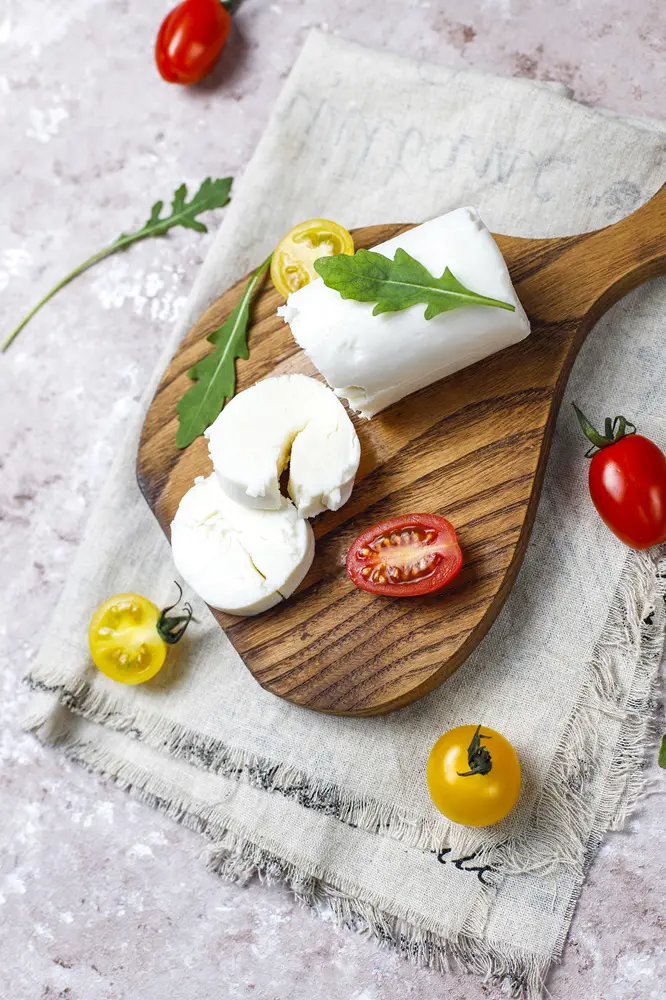
The high moisture content in soft cheese creates a good environment for bacteria to grow. The preparation of soft cheese may involve the utilization of unpasteurized milk which carries harmful bacteria if not properly processed. Moreover, if proper sanitation practices are not guaranteed, it's better to avoid dairy products from such places.
Brie, Camembert, feta, and blue cheese are some examples of soft cheese that need proper consideration while being consumed. Also, soft-serve ice cream should be consumed cautiously. Instead of these dairy products, pregnant women can opt for hard cheeses and hard ice cream made with pasteurized milk.
9. Raw Sprouts
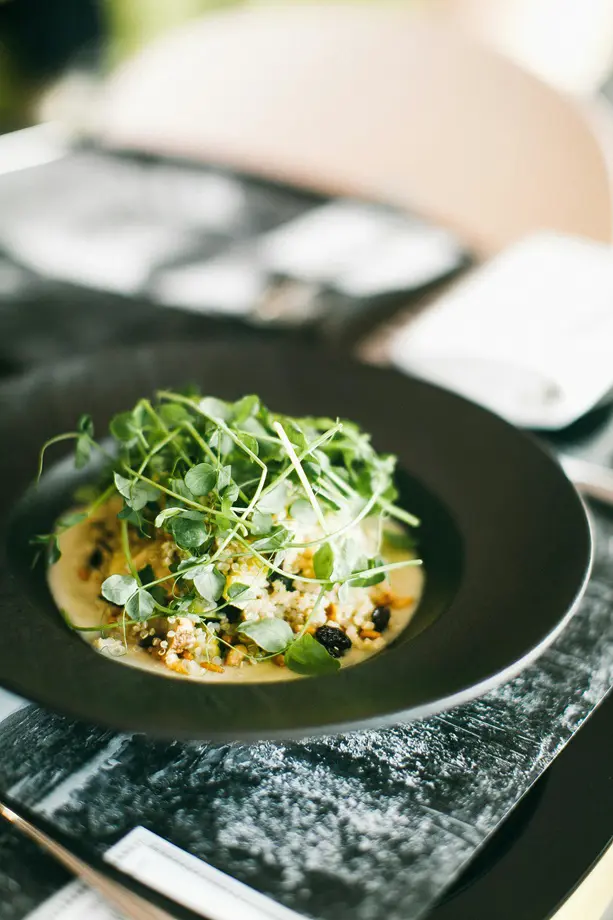
Raw sprouts and recipes that utilize raw sprouts are not safe for pregnancy. This is because there is a high chance that the raw sprouts are contaminated with harmful bacteria related to food poisoning. So, any pregnant woman should avoid raw sprouted salads, smoothies, and stir-fries.
The sensitive gut health of a pregnant woman can be easily attacked by these food poisoning causing pathogens. When the infection is caused by a large number of bacteria in the sprouts, complications like preterm labor or miscarriage are obvious.
Rather than raw ones, consider including thoroughly cooked ones in the diet. The properly cooked sprouts can be added to stir-fries, soups, or other dishes. With proper heat, the harmful microbes are killed, making these foods safe to consume.
10. Unwashed Fruits and Vegetables
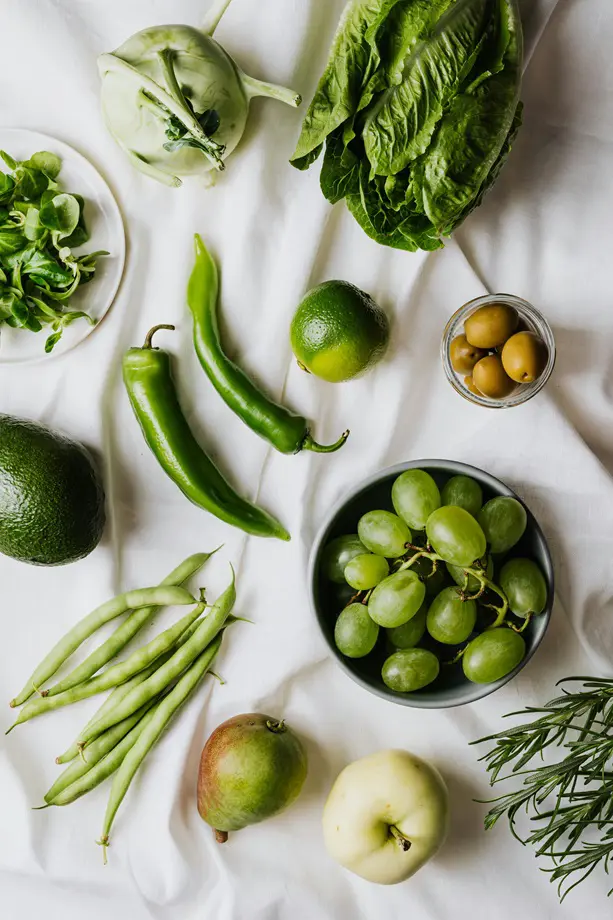
Do not get confused with fresh and clean-looking fruits and vegetables available at the market. Even the wrapped fruits and vegetables, that look fresh and high in quality, may be a source of a range of bacteria!
So, for safety of the pregnant women, it's important to thoroughly wash fruits and vegetables under clean running water. Also, for guaranteed safety, you can mix food disinfectant products with the water while washing.
To make fruits even more safe, they can be peeled before being consumed. Also, using vegetable brush to scrub the surface of fruits and vegetables is a better idea.
11. Foods High in Added Sugars
Due to the increase in calorie demand, it's natural for pregnant women to crave sugary foods more. Fact-check, sugary foods are related to the development of conditions like weight gain, gestational diabetes and other pregnancy complications.
Sugary drinks, candies, cakes, cookies, and pastries are overloaded with sugar so it's best to consume them in moderation or avoid them completely.
For, a pregnant woman the recommended daily sugar intake value is below 30 grams. To prevent pregnancy-related complications, this daily value can be attained by focusing on natural sources of sweetness like fruits and honey. This way their sugar cravings can also be easily satisfied. Fruits and honey being a nutrient-rich source also help increase the intake of necessary vitamins and minerals, important for a healthier pregnancy.
12. Foods High in Sodium
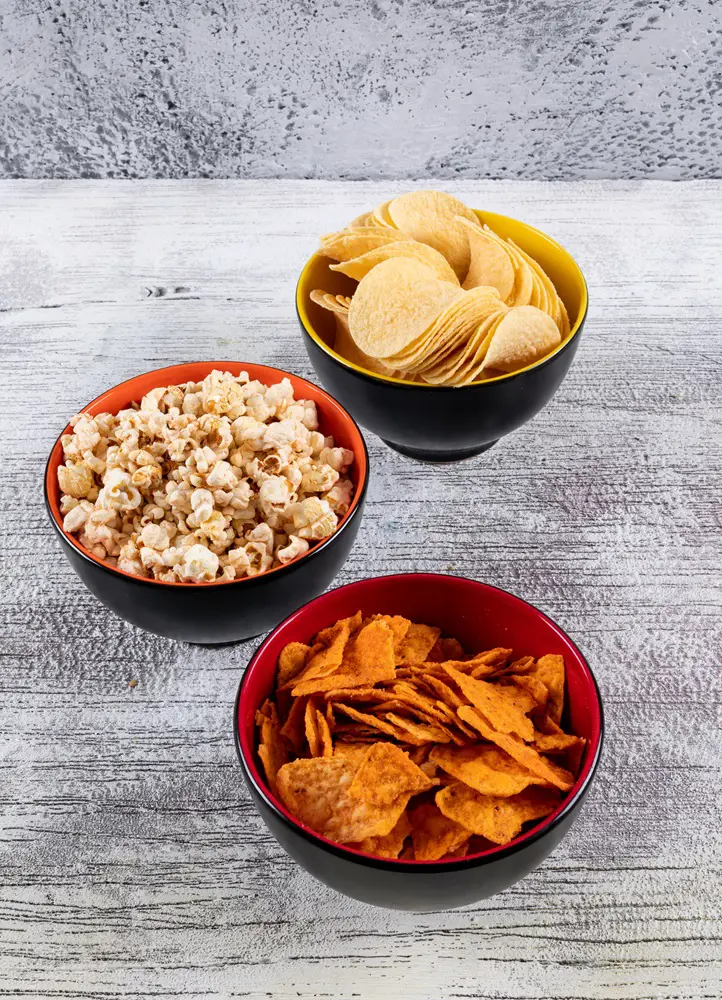
The amount of sodium in our body is directly linked to heart health. If the sodium content is high in the blood, it eventually leads to high blood pressure. As high blood pressure is a common manifestation of pregnancy, sodium should be limited in a pregnancy diet.
Foods high in sodium like canned soups, cereals, sauces, chips, pretzels, and crackers must be consumed with consideration to maintain the heart health of pregnant women. No other foods can be as healthy as home-cooked meals, where there is control over the ingredients.
13. Parsley Tea
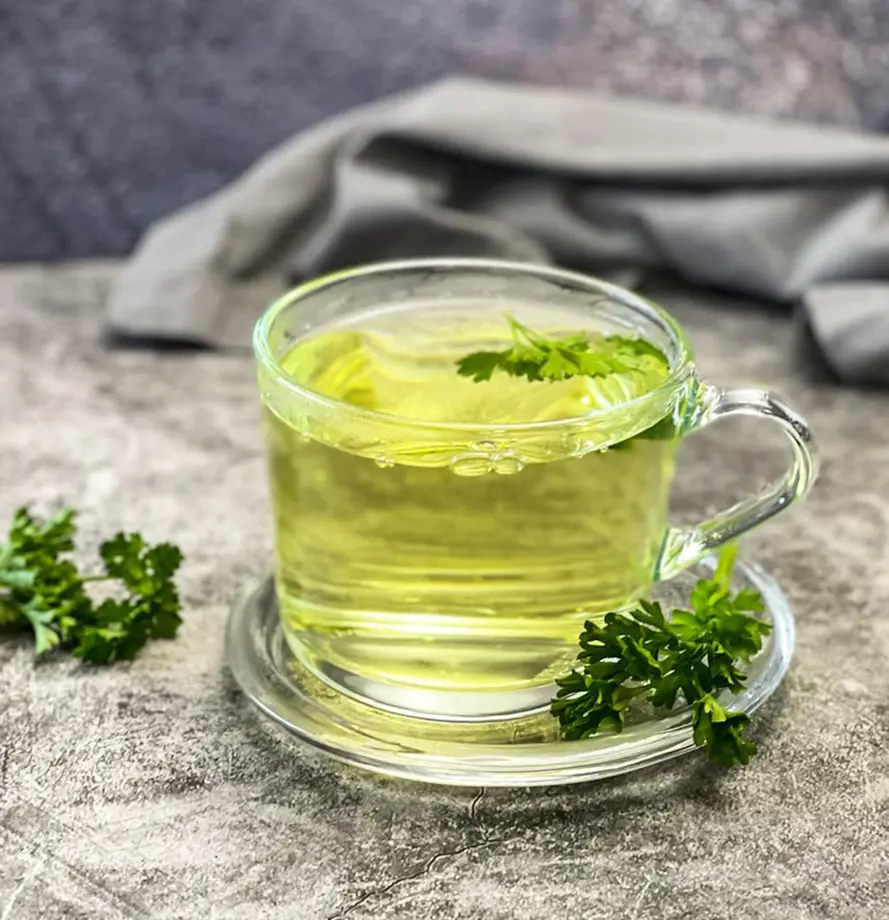
Parsley in high amounts is not recommended to avoid extensive contractions of the uterine muscles. Any form of parsley, including tea, that is highly concentrated is considered risky for pregnant women.
Instead of parsley tea, you can enjoy a moderate amount of ginger, black, white tea and other teas for your pregnancy journey. Pennyroyal and mugwort are some other herbs that are not considered safe during pregnancy. It's always best to prioritize medical advice before incorporating any herb into the pregnancy diet.
14. Unpasteurized Juices
The fruits and vegetables used to prepare juices, if not cleaned properly, can be the primary source of bacteria and other parasites. The source of contamination for juices can be from harvesting practices, transportation, or processing.
So to prevent infections from occurring and to be safe from pregnancy complications, it's always best to choose pasteurized juices. If you are someone who prefers fresh-squeezed juice, it's safest to pasteurize it at home by boiling it for one minute before consumption. This process however can alter the nutrition profile and taste of the juice.
15. Excessive Fast Food
Fast foods are high in calories, sodium, unhealthy fats, added sugars and processed ingredients. When snacking on favorite fast foods, pregnant women should be aware of the fact that these foods have zero nutritional benefits both to them and their babies.
These foods can only lead to obesity and hypertension, both of which are not considered good for pregnancy. Beyond the immediate risks, long-term consequences like the increased chance of obesity in babies in their later life are even more worrisome.
Rather than fast foods, it's better to focus on foods with essential nutrients like iron, folic acid, calcium, and omega-3 fatty acids. So, to ensure optimal health for both mother and baby, we recommend you indulge in fast foods only occasionally (we understand the cravings!). However, don't make fast foods a staple.
16. Sushi With Raw Fish
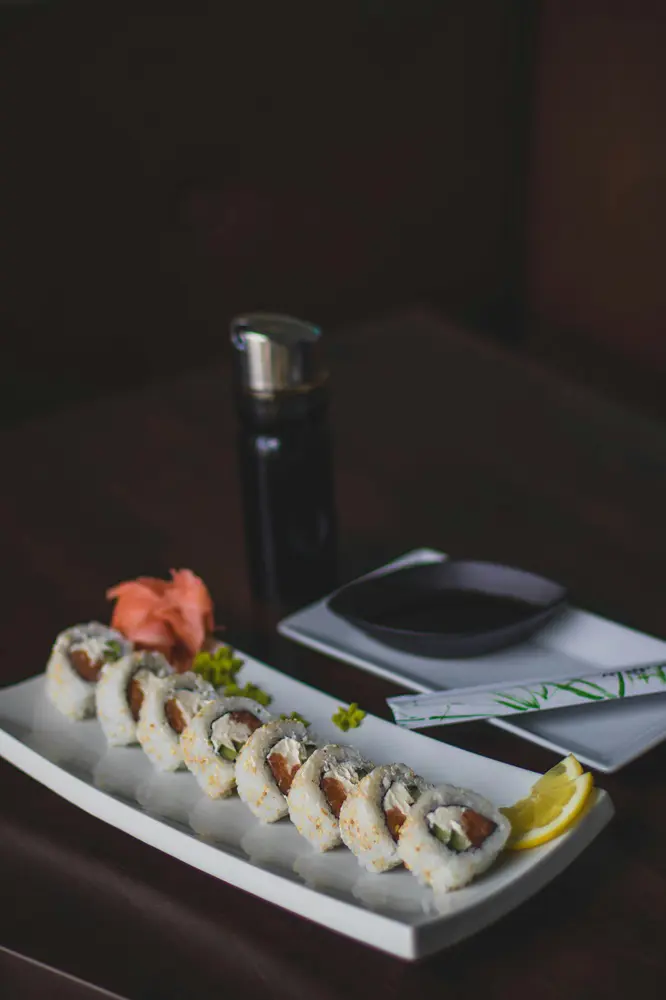
Sushi is generally prepared with raw fish. So consuming it during pregnancy may mean inviting food poisoning. As already mentioned earlier, raw fish can harbor harmful bacteria and parasites, such as listeria and toxoplasma, which can cause food poisoning in the mother.
Another concern is the presence of mercury in some types of fish commonly used in sushi. The high mercury content in fish can hinder the growth of the brain of the developing fetus.
Safe sushi: For sushi lovers, it's better to opt for sushi made with cooked fish (ultimately the ones low in mercury). Also, vegetarian options like California rolls, cucumber rolls, avocado rolls and vegetable tempura rolls are not that bad!
17. Ready-to-eat Meats
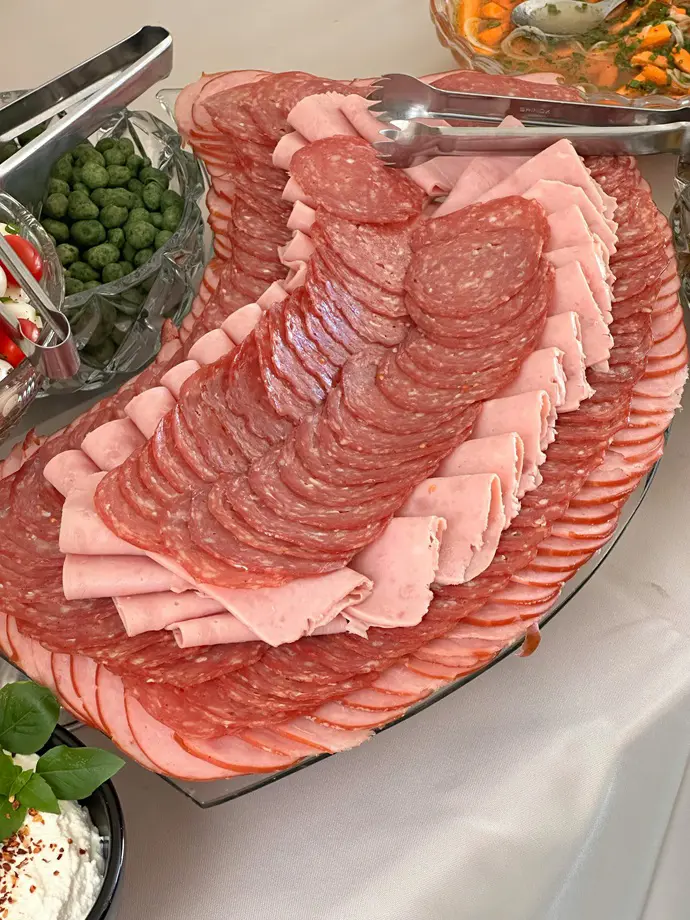
There are many ready-to-eat (RTE) meats that offer so much convenience in our daily lives. For anyone who is pregnant and loves snacking sandwiches, salads, and other foods made with RTEs, this may not be a safe option. The reasons why deli meats, hot dogs, luncheon meats and other RTE meats are not considered safe for pregnant women include:
- High in sodium: RTE meats are high in sodium. This is because salt is used to preserve these meats, hence increasing the sodium concentration. So, it's best to check the food labels to confirm the sodium content while purchasing RTEs. The best thing to do is to opt for fresh meats that do not have added salt in them.
- Have high chances of bacterial contamination: Fresh meats need thorough cooking while RTE meats don't. Here, in the case of RTEs, we are omitting the cooking step which helps to kill the bacteria. If not stored and handled properly, RTE meats have even more chances of contamination.
These reasons are what make ready-to-eat meats unsuitable for vulnerable populations including pregnant.
18. Uncooked Batter
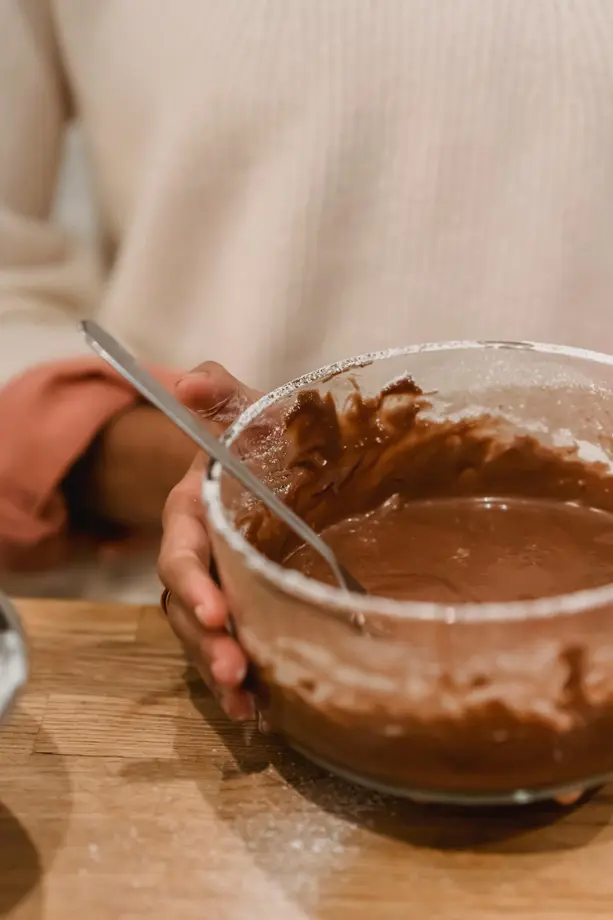
Raw eggs and raw flour are used to prepare the batter. Both these ingredients can be potential sources of bacteria that can attack the weak immune system of pregnant mothers. Salmonella is associated with raw eggs while raw flour can also harbor E. coli (though less commonly known).
The consumption of uncooked batter, that is used to prepare cookies, cakes or pizzas, hence is not recommended for pregnant women. Rather, they should only consume thoroughly cooked bakery products.
Recent posts
Lifestyle
Lifestyle
Is Agave Good For You? Benefits, Uses And Risks
When you stroll through the sweetener section at a supermarket or any other store, you probably notice bottles of golden agave nectar or agave's inulin with labels boasting claims like "natural" and "healthy". But is this viscous sweetener which come...
Lifestyle
Is Monk Fruit Healthy? Benefits, Nutrition And Risks
Monk fruit is a simple vine of the gourd family that has recently gained fame as a sweetener. The fruit is hard to find in the market and has been less cultivated around the world, it's native to Southeast Asia. A zero-calorie sweetener, there is a l...
Lifestyle
How Much Caffeine Is in Green Tea
Green tea, a tea popular for its health benefits, comes with a gentle caffeine boost. Due to this low caffeine level, the drink can be considered perfect for those who want to stay alert without the jitters. The availability of caffeine in green tea ...
Lifestyle
The Benefits Of Avocado Seeds You Must Know About
After devouring the avocado, we have the habit of dumping the seed without giving it a second thought. However, this part of the fruit is just as essential as the avocado because it delivers numerous nutrients and potential health benefits that might...
Lifestyle
How Much Caffeine Is Too Much In One Day?
Without even realizing it, caffeine is stapling in our everyday lives. Our mornings usually begin with a cup of coffee, likewise, to get through the afternoon slump we might sip on an energizing drink or grab a refreshing soda on a sunny day to quell...
Lifestyle
How Much Water Should You Drink Per Day
Water makes up 60% of our total body weight, making it an essential component to maintain our health. As it is present in all cells and organs of the body, proper water intake means every function in the body is running well. There are multiple benef...
